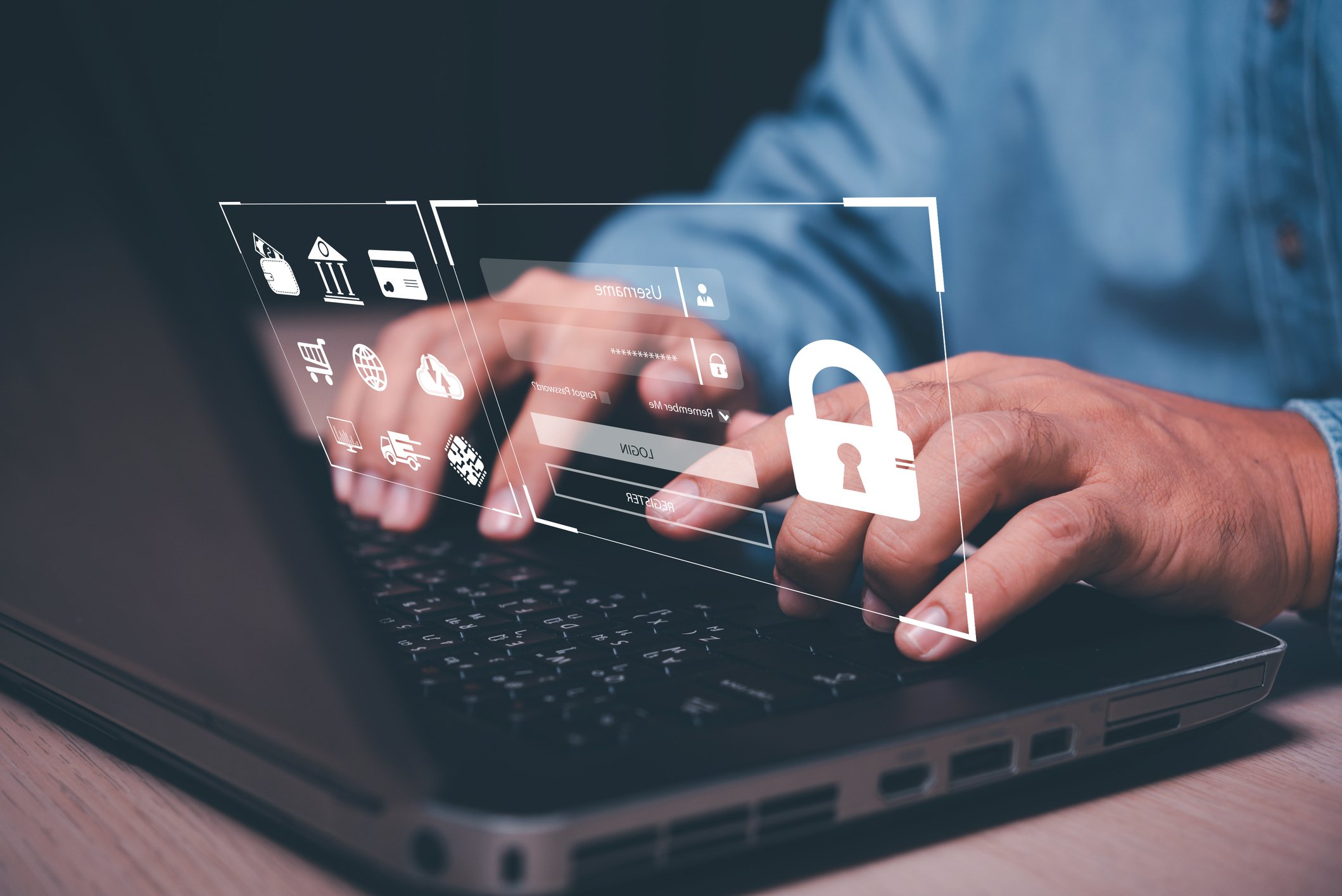These simple steps can keep you and your family safe from hackers and scammers trying to break down your digital door
In our busy modern lives, privacy is a daily concern. Our increasingly digital lifestyles are more complex than ever. And that can make you and your family more vulnerable than ever.
We shop online, we learn online, and we bank online. Most of us have some form of social media to stay in touch with friends and keep up with the world around us. It’s critical to understand how to protect your accounts from hackers and minimize your exposure to scams and cyberattacks.
No. 1: Use long, unique passwords or phrases. If you do nothing else on this list, please do this. Criminals steal your account information from data breaches and malware. If you’re using a simple password, and using it in multiple places, cyberthieves will have access to all of your accounts. Password fatigue is real! But you truly cannot be too careful. Consider using a phrase or multiple words, like CincinnatiIsBeautiful14*, so it’s easier for you to remember and tougher for criminals to crack.
No. 2: Turn on multifactor authentication (MFA) everywhere you can. Every time you log into an account with MFA, you’ll be prompted for a one-use code. This minor inconvenience makes it nearly impossible for a hacker to log in as you, even if they have your password.
No. 3: Run those updates! We’re all guilty of it. Our phone or laptop asks us if we want to run updates, and we choose, “Remind me later.” After all, life is hectic. Who has time to sit and wait for a computer to cycle through a lengthy update? The thing is, it’s important to make that time. Those pesky updates often include patches for bugs. And those patches make it harder for your networks and devices to be compromised. So, run that update and treat yourself to a short break. You’ll be glad you did.
No. 4: Reduce your attack surface. Every online account you have creates one more way for a criminal to steal your information. Take a few minutes to uninstall apps you don’t use and close online accounts you no longer need.
No. 5: Tweak your privacy settings. Privacy settings aren’t always easy to find, but once you do, you’ll see you have more control over what information you share than you might have thought. Pay special attention to location settings, permissions for facial recognition, who can tag you and who can see your posts and information. If you can remove details like your hometown, birthday, workplace and family members, consider doing so. In fact, if a service allows you not to use your full name or actual birthdate, take the opportunity to stay off the radar. Lastly, when you choose a username or handle, don’t pick something that might give away your personal details (like your birthday or graduation year) or reveal words or numbers you use in your passwords.
No. 6: Think carefully about the photos you post. Don’t share images that reveal your address, your license plate number, the car you drive or the valuables you keep at home. All of those things become invitations for unwanted attention, both online and in real life. Also, take a look at your device’s camera app. It’s probably set to store your location, which can allow a criminal to see the exact latitude and longitude where a photo or video was taken. Change your settings to disable that feature if possible.
No. 7: Watch Your Wi-Fi. Avoid activities like banking or using your credit card when you’re on an unsecured wireless network. Instead of connecting to the local coffee shop’s free Wi-Fi, your device’s personal hotspot might be a safer alternative.
No. 8: Stay in the Know. New scams and hacks are developed every day. Stay on top of threats and trends by using resources like these:
There’s no such thing as perfect privacy anymore. But these eight steps will move you closer to the goal — and keep you and the people you love safer from hackers and scammers.
Heritage Bank is always here to help our customers and our community stay safe. If you’re a Heritage Bank customer, you can sign up for free fraud alerts on your accounts. If you’re not working with us yet, you can still take advantage of our free resources designed to help you with recognizing scams and fraud.
Heritage Bank. Member FDIC.



